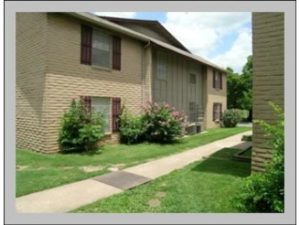
Time was when the idea of sustainability in real estate development and investing was a pretty soft notion. Sure, everyone liked the “idea” of reducing carbon emissions, protecting the environment and exploring alternative energy sources, but few were willing to spend money on it. Today, things are vastly different, and it’s the bottom line that’s talking.
A number of factors have driven real estate sustainability into the mainstream, but the greatest influence, whether in the initial design phase or via retrofit, are tenant expectations.
According to McGraw-Hill Construction’s report, “World Green Building Trends—Business Benefits Driving New and Retrofit Market Opportunities in Over 60 Countries,” client demand (35 percent) and market demand (33 percent) were the top two reasons the global green building market grew to $260 billion in 2013, including an estimated 20 percent of all new U.S. commercial real estate projects.
For a commercial building to be able to proclaim sustainability and eco-friendliness is one of its best marketing tools. LEED certification has become a de facto standard for many U.S. cities and class-A buildings. The U.S. Green Building Council-issued LEED certification is awarded to new and renovated office buildings, interiors and operations based on how they’ve adopted best practices in energy, lighting, air quality, water usage and more.
Similarly, the sustainability metrics detailed by GRESB—Global Real Estate Sustainability Benchmark—are increasingly proclaimed by properties.
Government offices for the most part must have LEED certification or other demonstrations of green compliance, according to the U.S. General Services Administration. In other commercial spaces, many tenants simply won’t lease class-A space that’s not LEED-certified.
View entire article here in National Real Estate Investor.
Find out more about Liberty at our Youtube page.
To discuss commercial mortgage financing needs contact Liberty here.
 Pulaski County has given green building projects a lucrative green light, and developers of a west Little Rock apartment project have hit the accelerator.
Pulaski County has given green building projects a lucrative green light, and developers of a west Little Rock apartment project have hit the accelerator.

